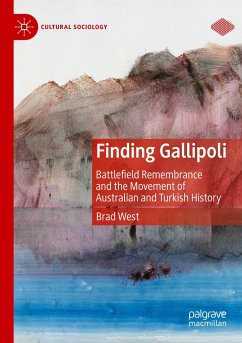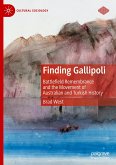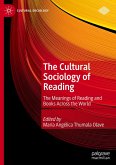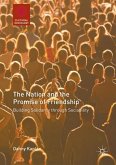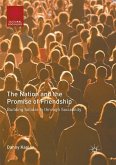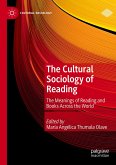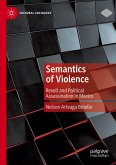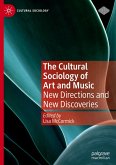Winner of The Australian Sociological Association (TASA)'s 2024 Stephen Crook Prize for the best authored monograph published within the discipline of Sociology in the previous two years.
This book is about how Australian and Turkish historical understanding of the First World War Gallipoli Campaign has been shaped by travel to the battlefield for the purposes of commemoration. Utilizing a cultural historical method, the study begins with examining how cultural conceptions of travel influenced the experience of those fighting in the 1915 Battle, and ends with the way that new global insecurities and the withdrawal of Western troops from Afghanistan in 2021 is reflecting and influencing Australia and Turkey's social memory of their military past. This wide historical lens and the author's original fieldwork and analysis of documents allows for an in-depth exploration of the ways in which cultural patterns of social memory develop over time and mapping of how specific cultural representations in the past are reclaimed. The book argues that travel is a key factor influencing social change by providing distinctive ritual experiences that afford unique, discursive opportunities and empowering particular carriers and custodians of social memory.
This book is about how Australian and Turkish historical understanding of the First World War Gallipoli Campaign has been shaped by travel to the battlefield for the purposes of commemoration. Utilizing a cultural historical method, the study begins with examining how cultural conceptions of travel influenced the experience of those fighting in the 1915 Battle, and ends with the way that new global insecurities and the withdrawal of Western troops from Afghanistan in 2021 is reflecting and influencing Australia and Turkey's social memory of their military past. This wide historical lens and the author's original fieldwork and analysis of documents allows for an in-depth exploration of the ways in which cultural patterns of social memory develop over time and mapping of how specific cultural representations in the past are reclaimed. The book argues that travel is a key factor influencing social change by providing distinctive ritual experiences that afford unique, discursive opportunities and empowering particular carriers and custodians of social memory.

